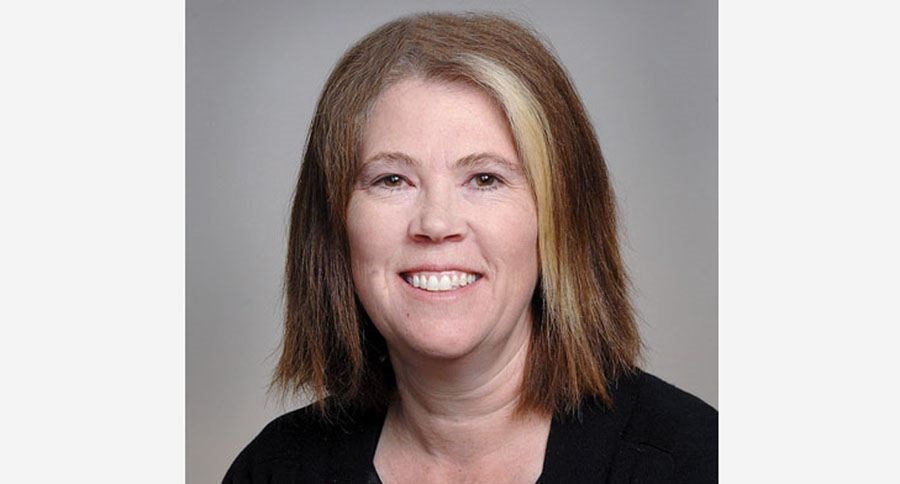As promised I thought I would take this week to comment on the election debate that I had the pleasure to moderate. Rather than give an opinion on the substance of the debates I thought I would offer a perspective on the role of the local debate in federal elections.
There have been a lot of debates lately: locally, nationally and even in the United States. Overall debates help us to get to know the candidates, to get to see some leadership, to demonstrate the substantive differences in policy among the parties and, sometimes, to deliver a knockout blow. The candidates are in a pressure cooker and they require a certain combination of humility and fearlessness. Yet, debates can serve a number of purposes and because our system is a trustee system of government, the national and local debates should be viewed differently.
At the national level voters should expect to hear the substantive differences among the policy approaches for the different parties. I wrote in an earlier column about one of the national debates and tried to articulate in that column the diverse views on spending among the parties. In a nutshell, the Conservatives want to stay the course and run balanced budgets, the NDP want to re-order spending priorities but still balance the budget and the Liberals want to run deficits for three budget cycles as a way to invest in infrastructure projects. It has been possible from each of the national debates to distinguish the parties' views in other areas too like national defence and the environment etc. As a voter, your task is to assess these diverse approaches to governing.
Now, at the local level, the debate should be a forum for getting to know the candidates because in Canadian politics there is very little room for individual opinion in government. In other words, a trustee system distinguishes itself from a delegate system in which candidates can directly represent their constituency's interests. The United States has a delegate system. In Canada, while an MP can certainly express the views of the constituency in caucus, they must, ultimately vote with the party.
But a local MP has another very important job: they have lots of opportunity to work for constituents directly with problems that may arise. In their capacity as your representative, your MP can help you to navigate government bureaucracy and help you to figure out who you might need to contact to sort out individual problems. The range of assistance they can give includes citizenship and immigration status, help with information on pensions, taxes, and EI. The work of an MP is really split between Ottawa and the constituency. My point is that often the most impact an MP can have is being present and part of the constituency for everyday concerns.
Certainly an MP who holds a cabinet position will have greater duties and will help shape and implement policy but the Canadian system is really designed to keep MPs of each respective party faithful to the party line and policy choices.
At the end of the day, I think a local debate is a good place to get to know the candidates. Your decision about who to vote for will certainly be driven by the national party platform but it should also be guided by your feelings about the capacity of the candidate to represent you if, and when, you need them.
One final observation about debates. There is a strange and interesting phenomenon that seems to happen among candidates and I have observed this over many years. There is a certain camaraderie that develops. There is a strange sense that all of the candidates are in boot camp together and even though they have little in common in terms of their politics and each of them needs to win every debate, they are among only a few people who "get" what it is like to live through an election campaign as a candidate. So I found it interesting that often candidates would be nodding in agreement with each other like they were old friends sitting around a dinner table and then moments later erupt into a raucous disagreement.
I guess we will see how things transpire on Monday night but your vote is your most precious democratic right. Please ask everyone you know to use it.


